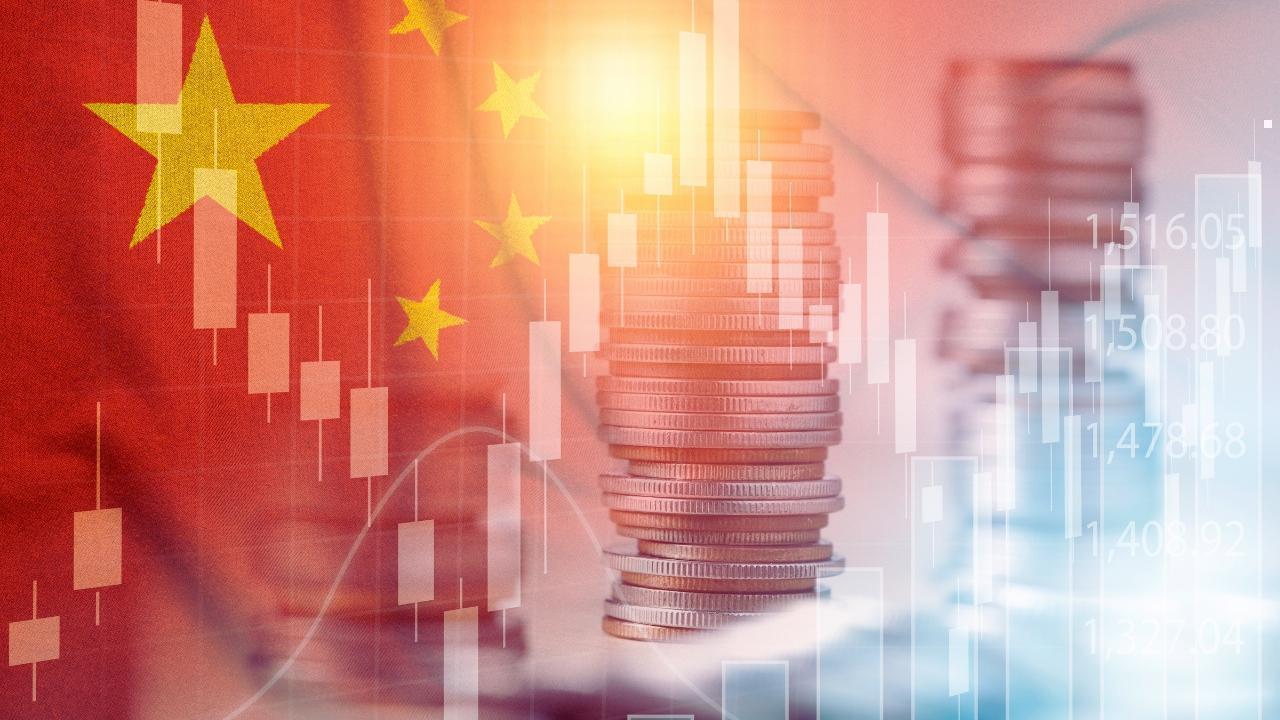You have not yet added any article to your bookmarks!

Join 10k+ people to get notified about new posts, news and tips.
Do not worry we don't spam!

Post by : Anis Farhan
China’s position as the world’s factory has long been unquestioned. But in 2025, the global perception of Chinese trade has shifted dramatically. Ongoing tensions with the West, supply chain vulnerabilities exposed during the pandemic, and increasing concerns over geopolitical influence have left international partners skeptical. Now, Premier Li Qiang has embarked on a bold mission — to reassure global markets that China remains committed to fair trade, open cooperation, and dependable supply chains.
The question is: can China actually regain that trust?
At the World Economic Forum’s Annual Meeting of the New Champions — also known as Summer Davos — held in Dalian, Premier Li took center stage. His keynote speech was less about political rhetoric and more about economic diplomacy. He reaffirmed China’s commitment to globalization, stable supply chains, and open markets.
Li emphasized that “decoupling benefits no one” and that China would continue reducing its “negative list” for foreign investment. The goal: to make doing business in China easier, safer, and more profitable — especially for Western companies that have recently scaled back operations in the region.
The message was clearly crafted for international ears: China wants back in as a trustworthy trade partner.
Over the past five years, China has faced a steady stream of tariff hikes and trade restrictions, particularly from the United States and European Union. The U.S. maintains tariffs on hundreds of billions worth of Chinese goods under the pretext of unfair competition and national security. More recently, new restrictions targeting electric vehicles, semiconductors, and AI components have further complicated trade flows.
Europe has followed suit with its own investigations into Chinese subsidies and intellectual property practices. For many global observers, these actions signal a deep skepticism about China’s willingness to play by fair trade rules.
So while Premier Li’s overtures may be welcomed diplomatically, real trust will require structural change — not just speeches.
One of the biggest challenges to China’s trade credibility lies in its supply chain dominance. Countries like the U.S., India, Vietnam, and Indonesia are investing heavily in “China+1” strategies, building alternatives that reduce dependence on Chinese manufacturing.
However, the idea of fully decoupling from China is more fantasy than reality. China still accounts for over 28% of global manufacturing output in 2025. What we’re witnessing is “de-risking” — not complete withdrawal — with companies diversifying part of their sourcing while keeping China as a core hub.
China is aware of this. Hence, Premier Li emphasized creating more “predictable and transparent” regulations and addressing global concerns on data flows, compliance, and arbitration — critical steps in maintaining its status in diversified global supply networks.
The trust deficit is perhaps deepest in the technology sector. China’s rise in electric vehicles, semiconductors, and green energy has sparked a new form of competition — one driven by innovation and national security rather than efficiency or price.
Countries fear over-reliance on Chinese tech not just for commercial reasons but due to potential strategic risks. Huawei’s global 5G rollout was a flashpoint, and recent moves to restrict Chinese-made drones and surveillance equipment in Europe and North America add fuel to the fire.
To rebuild trust here, China must promote clearer separation between state influence and private enterprise — a tough task in its current political structure. But without such reform, trade in critical technologies may remain restricted and contentious.
Interestingly, while Western countries grow wary, China continues to strengthen ties with the Global South. Through mechanisms like the Belt and Road Initiative (BRI), China has expanded trade with nations across Africa, Latin America, and Southeast Asia.
Many of these countries welcome Chinese investments in infrastructure, logistics, and digital connectivity. For them, China offers fast execution and fewer bureaucratic strings than Western partners.
This gives China an alternate path to global trade leadership — even if the U.S. and EU remain cautious. By deepening ties with non-aligned economies, China may shift the global trade center of gravity in its favor.
Trust is built slowly — and lost quickly. For China to rebuild its global trade image, it must go beyond strategic communications and deliver substantive reforms:
Greater transparency in subsidies and state enterprise operations
Stronger IP protection for foreign firms
Regulatory fairness and access in high-tech sectors
Geopolitical restraint to prevent trade from becoming a weapon
Until these actions are visible and verifiable, the international community will remain guarded.
That said, China still holds enormous trade leverage — both as a producer and a consumer. If Beijing can successfully balance openness with national interest, it may not just regain trust — it may reshape what “trust” means in a multipolar world.
This article is intended for editorial and informational purposes only. It does not reflect investment advice, trade recommendations, or policy advocacy. The views expressed are based on public data and statements as of July 2025 and may change based on geopolitical or economic shifts.










Study Warns Using AI for Medical Advice Is ‘Dangerous’ as Users Get Inaccurate Health Guidance
A major new study reveals that artificial intelligence (AI) chatbots and tools may give misleading o

Top Sci-Fi Movies Streaming on Netflix This February: Must-Watch Picks for Genre Fans
A curated news-style guide to the best science fiction films currently available on Netflix in Febru

BCCI Central Contracts Shake-Up: Kohli, Rohit Moved to Grade B as Board Reshapes 2025–26 List
Virat Kohli and Rohit Sharma have been placed in Grade B in the BCCI’s 2025–26 central contract list

Dalal Street Spotlight: Top 10 Stocks Investors Are Watching as Markets Open on a High
Indian stock markets begin the week with strong momentum, and several blue-chip and mid-cap stocks a

Market Movers Today: Key Stocks Set To Watch In Indian Markets
Indian equity markets are poised for active trading as several major companies, including Bharti Air

Milan Welcomes the World: Inside the Grand Opening Ceremony of the 2026 Winter Olympics
The 2026 Winter Olympics opening ceremony in Milan marked a defining moment for global sport, blendi